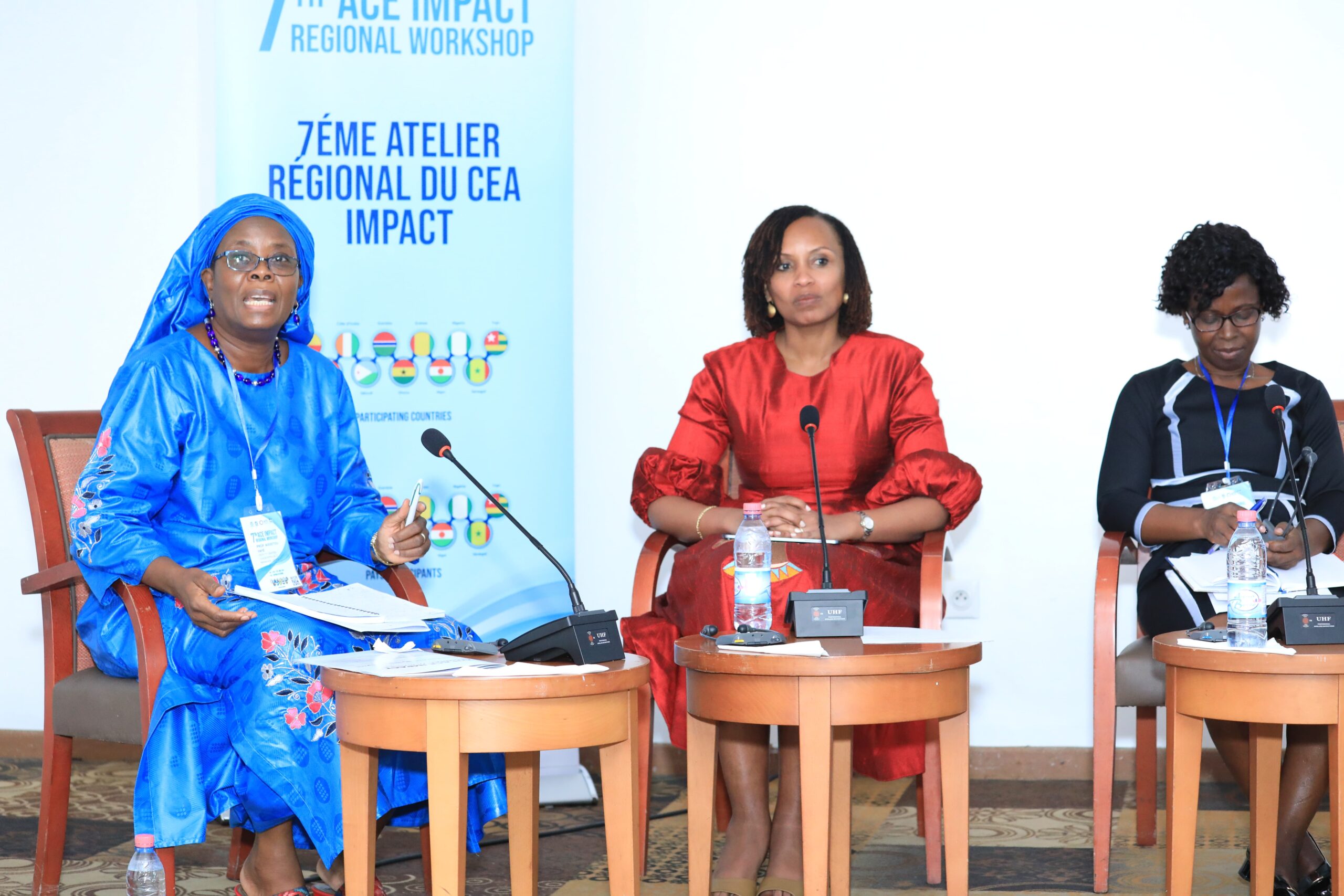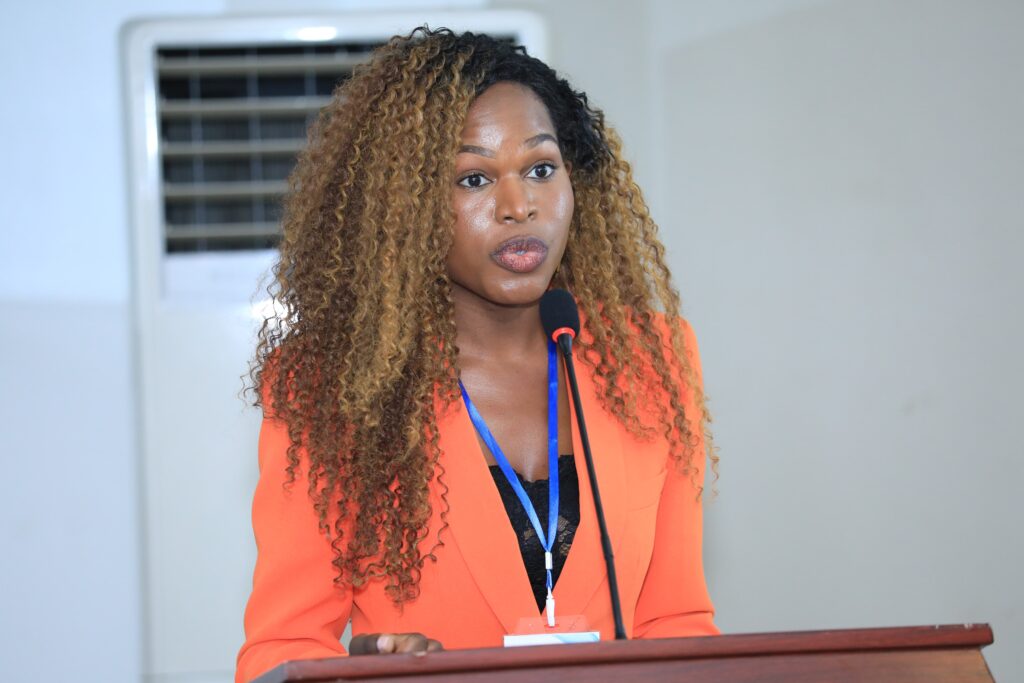Female Students Equipped with Strategies and Skills to Succeed at the Bargaining Table
Gender disparity has contributed to systematic differences in job opportunities and salaries for men and women. Economic development statistics show that men often earn more than women for the same work. Further studies have confirmed that some reasons women earn less are because they often find it difficult to negotiate remuneration due to the fear of damaging a relationship and because they have learned that society can react negatively towards women being assertive. However, this culture of unspoken assumptions tends to perpetuate the inequalities in gender-related issues even though women tend to achieve better results when negotiating on behalf of a group as this is consistent with gender norms of being caring and protective. The growing need for women to take the lead in negotiation is crucial to empowering women to bridge the gender gap.
In view of this, key partners of the Africa Higher Education Centres of Excellence for Development Impact (ACE Impact), the World Bank and the Association of African Universities, organised a training workshop to provide a blueprint for effective and result-oriented negotiation. The Negotiation Workshop was organized in two sessions: the French Session on October 24 and October 31, and the English Session on October 25 and November 1. The training targeted female final-year masters and PhD students at the centers of excellence. Participants were selected through a widely publicized Call for Applications.
The objectives of the workshop were to: Increase participants’ awareness of their negotiation responsibilities; build competencies for negotiation analysis; enhance negotiation skills and repertoire; provide tools for better negotiation planning; improve working relationships internally and externally; build efficient processes and promote more active communication; teach peaceful conflict resolution strategies and enhance negotiation related knowledge and competencies.
Sixty students from the 53 centers of excellence participated in the training. For increased interaction and engagement, role play was employed. Participants took up roles as negotiators and discussed their approaches and results with the facilitators. Two seasoned negotiators were engaged to facilitate the sessions – Michele Pekar, an Associate Professor at the Saïd Business School, University of Oxford and also a founding partner of Co-Dev Inc. (a negotiation and conflict resolution consulting firm) and Expert Facilitator for the Harvard Humanitarian Initiative; and Alain Lempereur, a Professor at Brandeis University’s Heller School for Social Policy and Management and Affiliate Faculty, Executive Committee Member and Global Instructor for the Harvard Law School Program on Negotiation (PON). The content of the workshop varied per session. The first session centred on Negotiation Preparation which comprises the 3 pillars of negotiation, reporting of results, and how to prepare for negotiations based on the 3 pillars, while the second session focused on the Negotiation Process including the use of the negotiation matrix, reporting results, and managing the process.
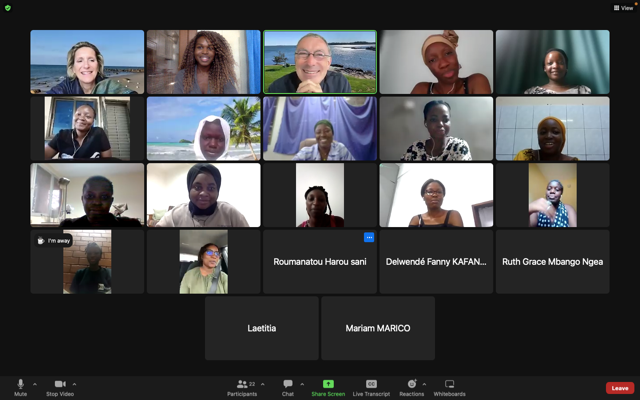
Results of the post-workshop evaluation showed that 90% of the participants felt highly confident in applying the knowledge acquired and all participants confirmed that their expectations for the training had been sufficiently met and that the takeaways would be useful beyond their career pathways. Some participants reported that the workshop was an eye-opener in terms of assessing their value. As one participant noted, “this workshop led to an increase in my self-worth. Other observations included “I used to undervalue myself but I feel more confident now”; “I have not been taught or personally learned how to really go about negotiation professionally. This was the first of its kind, and I learnt a lot.”
The Negotiation Workshop is one of a series of initiatives under the ACE Impact Project to encourage gender inclusivity in higher education and other priority areas. Platforms have been provided through webinars and face-to-face interactions with the various centres, including, Experience Sharing Talk on Women’s Month (March 2021); Discussions on policies and initiatives undertaken (Benin workshop, June 2021); Negotiation workshop (November 2022); and an Alumni/Centre Leader Panel on “Navigating Barriers as a Woman: (November 2022). Other scheduled activities comprise ‘the women talk series capacity-building sessions in topical areas such as leadership; the launch of a mentorship program; and the organisation of webinars, among others.

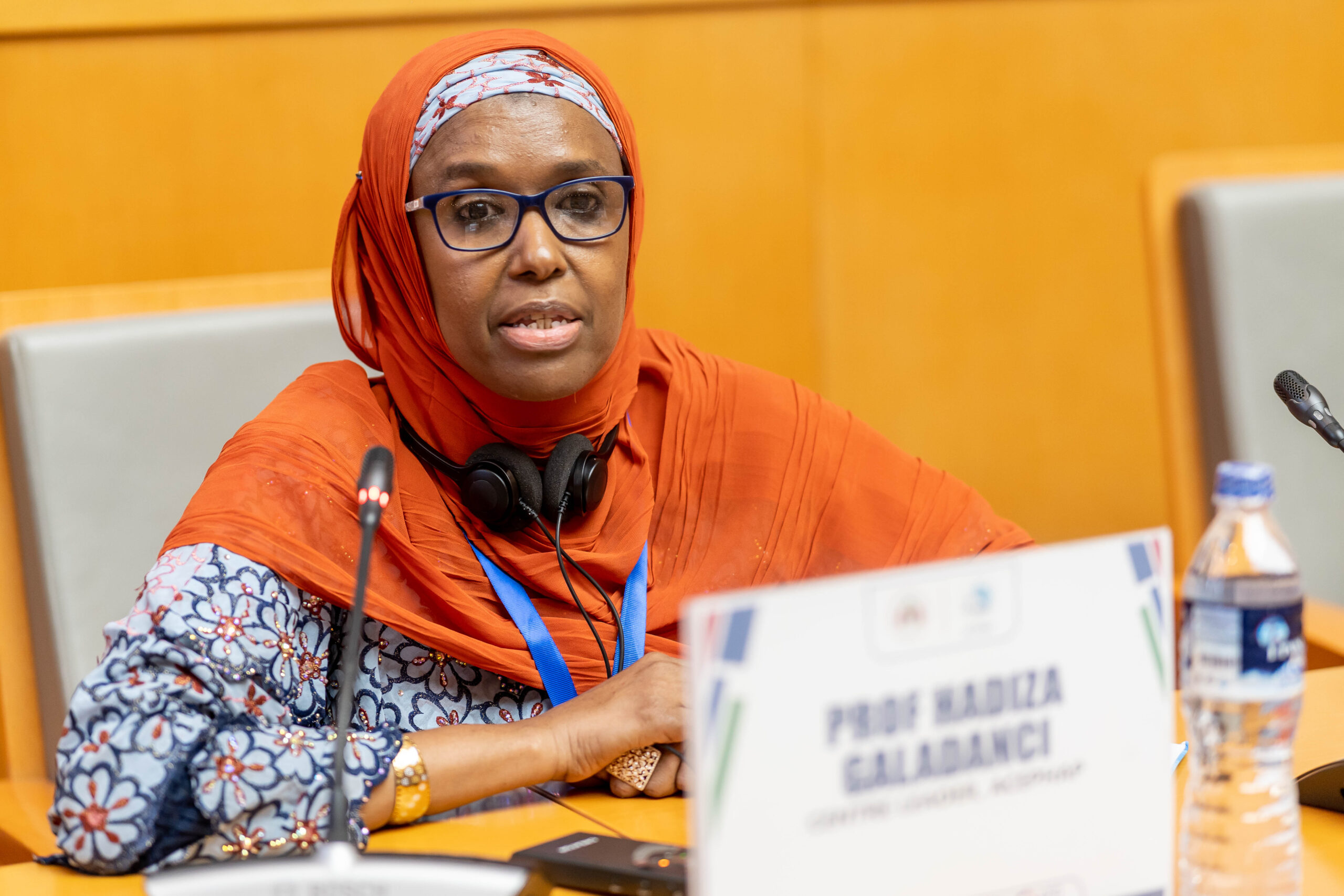
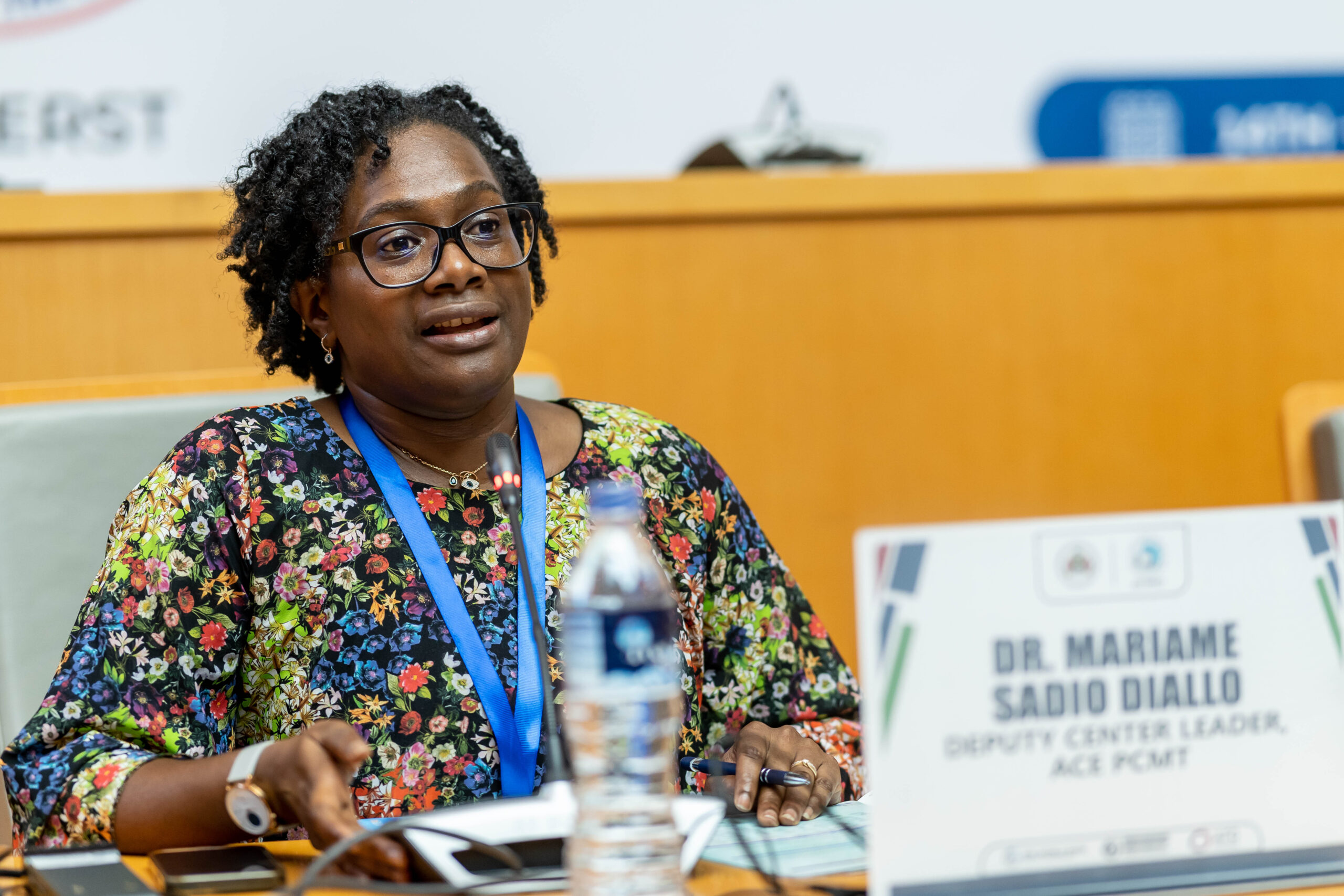 Several initiatives have been implemented by the ACE Impact project to promote gender inclusiveness and specifically to ensure that women are empowered through the project. Aside from having a core indicator that promotes the recruitment of female students to the centres, the project has instituted a well-coordinated gender initiative which regularly rolls out capacity-building trainings among others and engages the centres on the issue of women empowerment.
Several initiatives have been implemented by the ACE Impact project to promote gender inclusiveness and specifically to ensure that women are empowered through the project. Aside from having a core indicator that promotes the recruitment of female students to the centres, the project has instituted a well-coordinated gender initiative which regularly rolls out capacity-building trainings among others and engages the centres on the issue of women empowerment.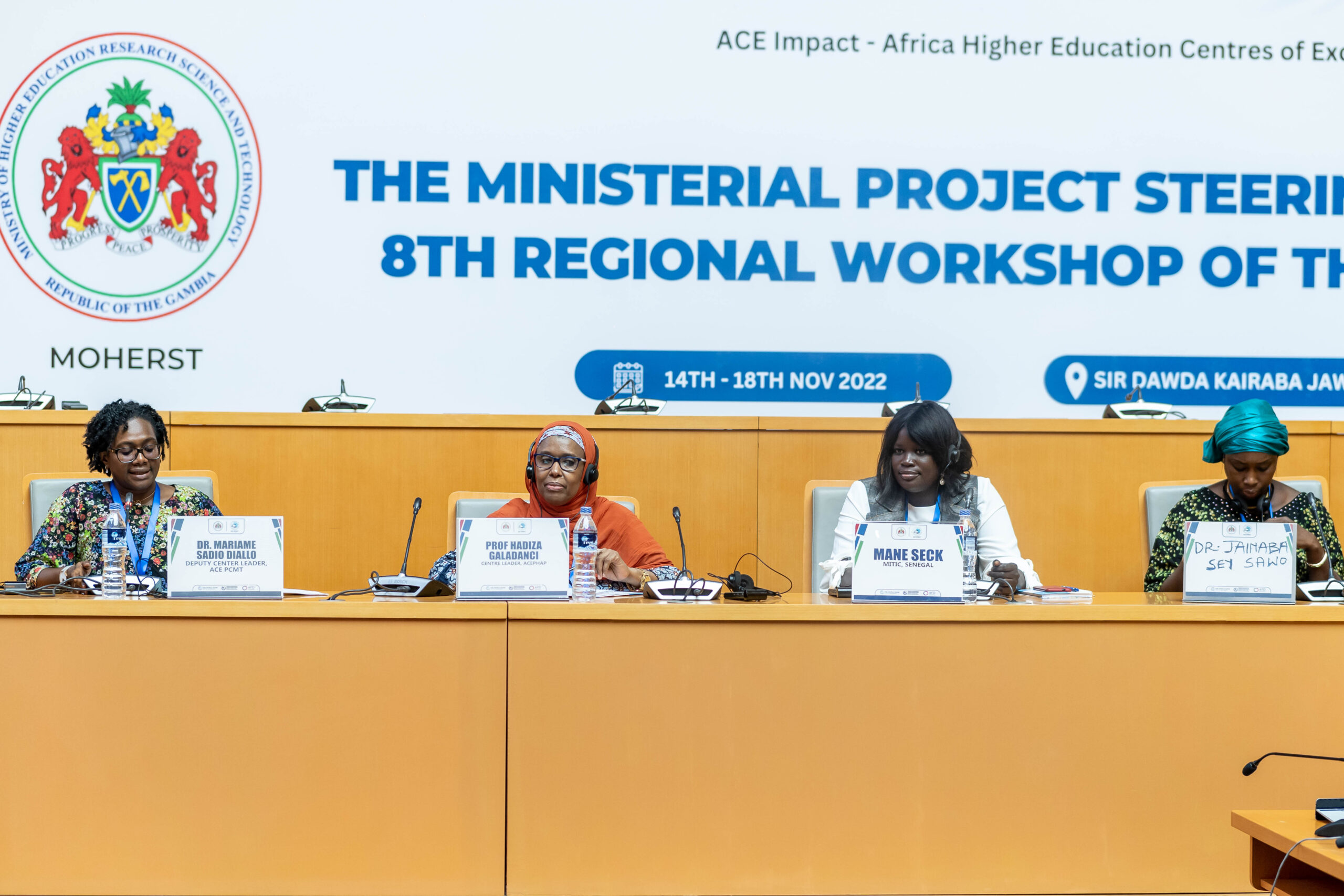 Aside from the keynote speaker, the session featured three panelists, Dr. Mane Seck, MITIC, Senegal, Dr. Grace Sename Peter, ACEGID Nigeria and Dr. Jainaba Sey Sawo (Emerging Center of Excellence on Science, Engineering & Technology for Entrepreneurship)), who are all alumni of the African Centres of Excellence. The objective of the session was to provide an interactive discussion session to help participants reflect on the positive experiences of ACE centers’ female alumni not only for their own sake but also to highlight their contributions to their countries’ economies.
Aside from the keynote speaker, the session featured three panelists, Dr. Mane Seck, MITIC, Senegal, Dr. Grace Sename Peter, ACEGID Nigeria and Dr. Jainaba Sey Sawo (Emerging Center of Excellence on Science, Engineering & Technology for Entrepreneurship)), who are all alumni of the African Centres of Excellence. The objective of the session was to provide an interactive discussion session to help participants reflect on the positive experiences of ACE centers’ female alumni not only for their own sake but also to highlight their contributions to their countries’ economies.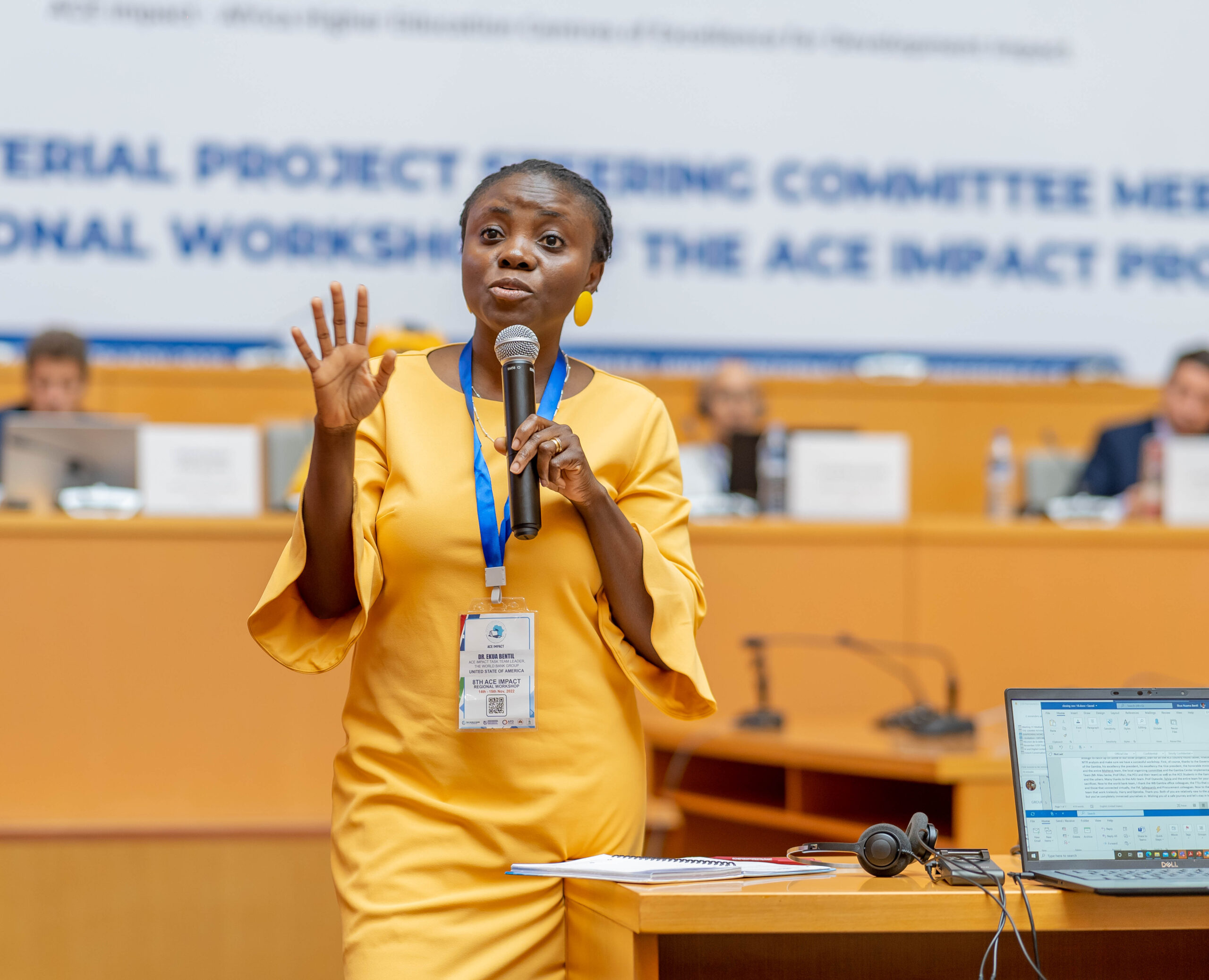 She said that the ACE Impact, as a project of excellence has put in place strategic measures to empower women and that the ACE story, in terms of how it supports women at the centres – both centre team members and students – to overcome various barriers, must be completely different from what exists in the general society and must strive to continue to impact society as well.
She said that the ACE Impact, as a project of excellence has put in place strategic measures to empower women and that the ACE story, in terms of how it supports women at the centres – both centre team members and students – to overcome various barriers, must be completely different from what exists in the general society and must strive to continue to impact society as well.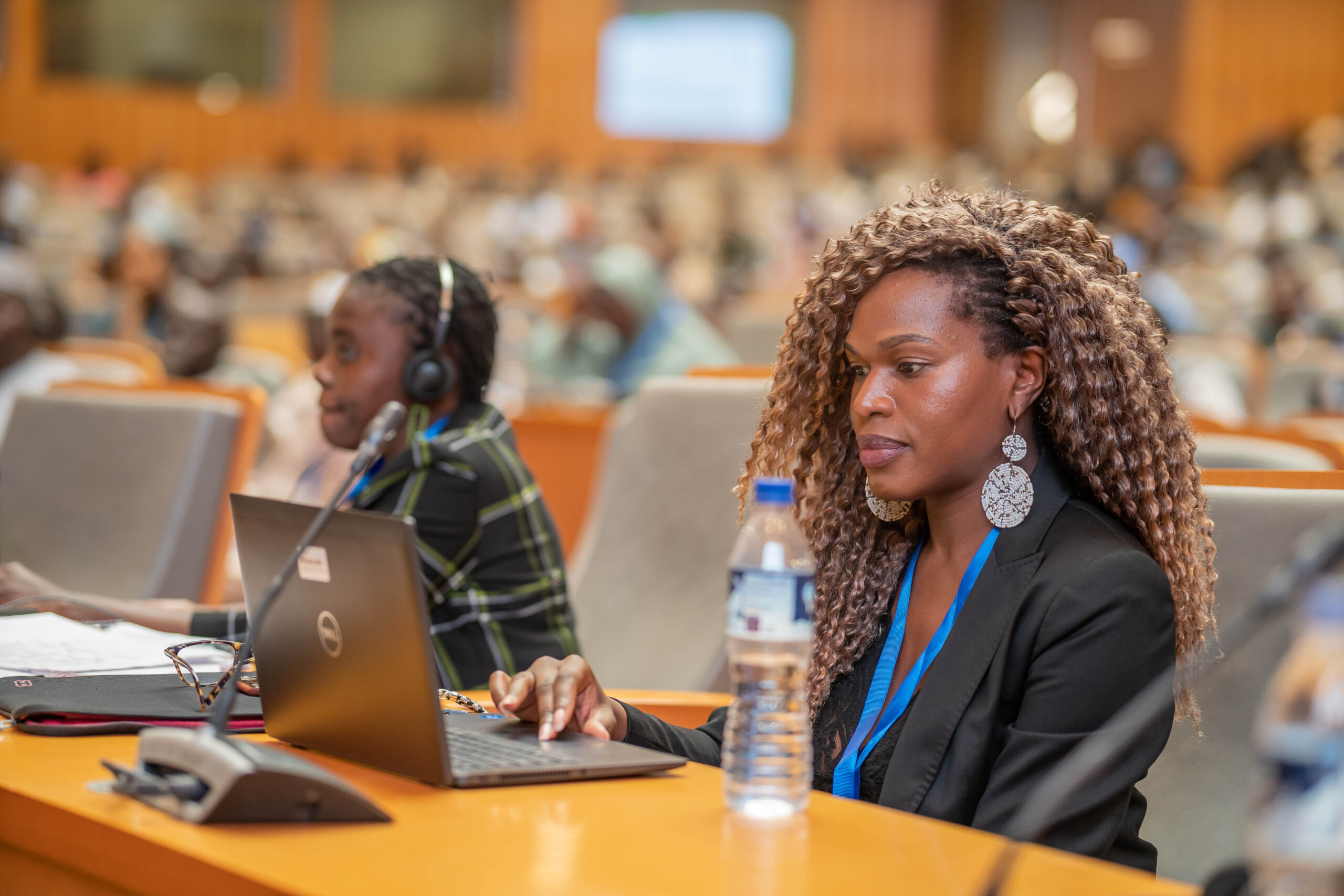 As part of the next steps, the project aims to organise a webinar on Sexual Harassment (January/February 2022), a Leadership Workshop (March/April 2023) and a Careers in STEM Series (May/June) among others.
As part of the next steps, the project aims to organise a webinar on Sexual Harassment (January/February 2022), a Leadership Workshop (March/April 2023) and a Careers in STEM Series (May/June) among others.